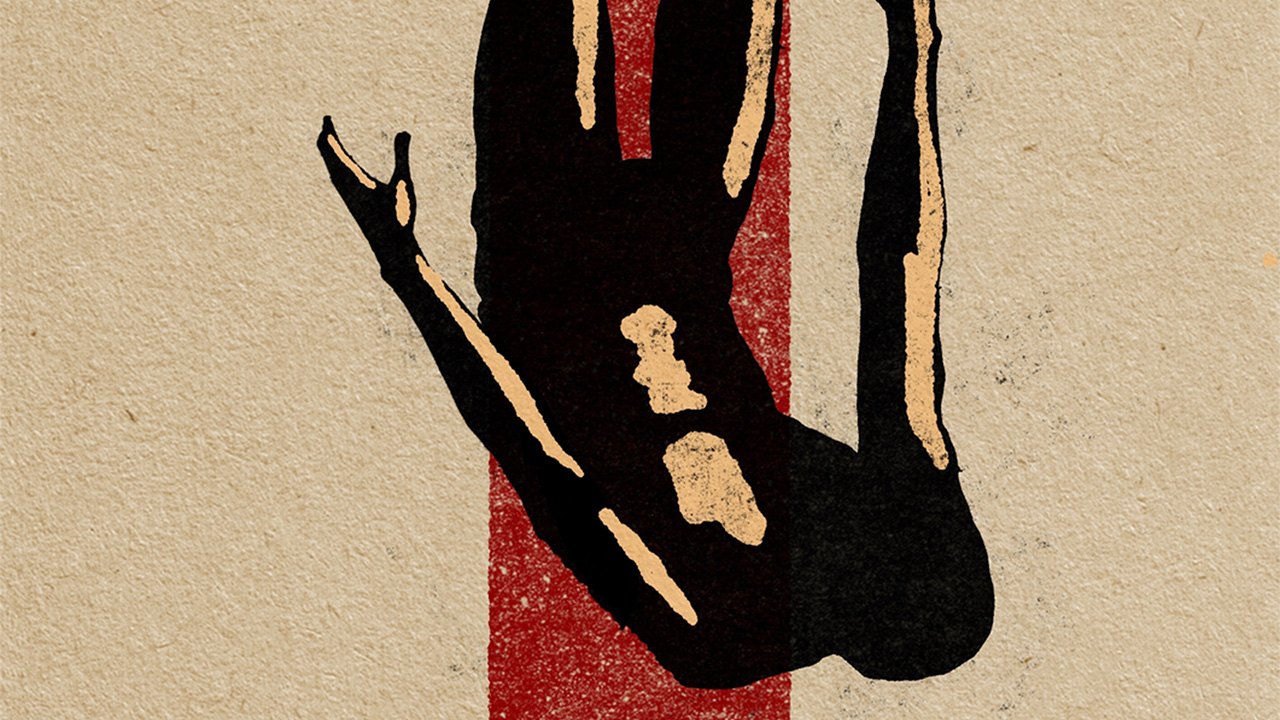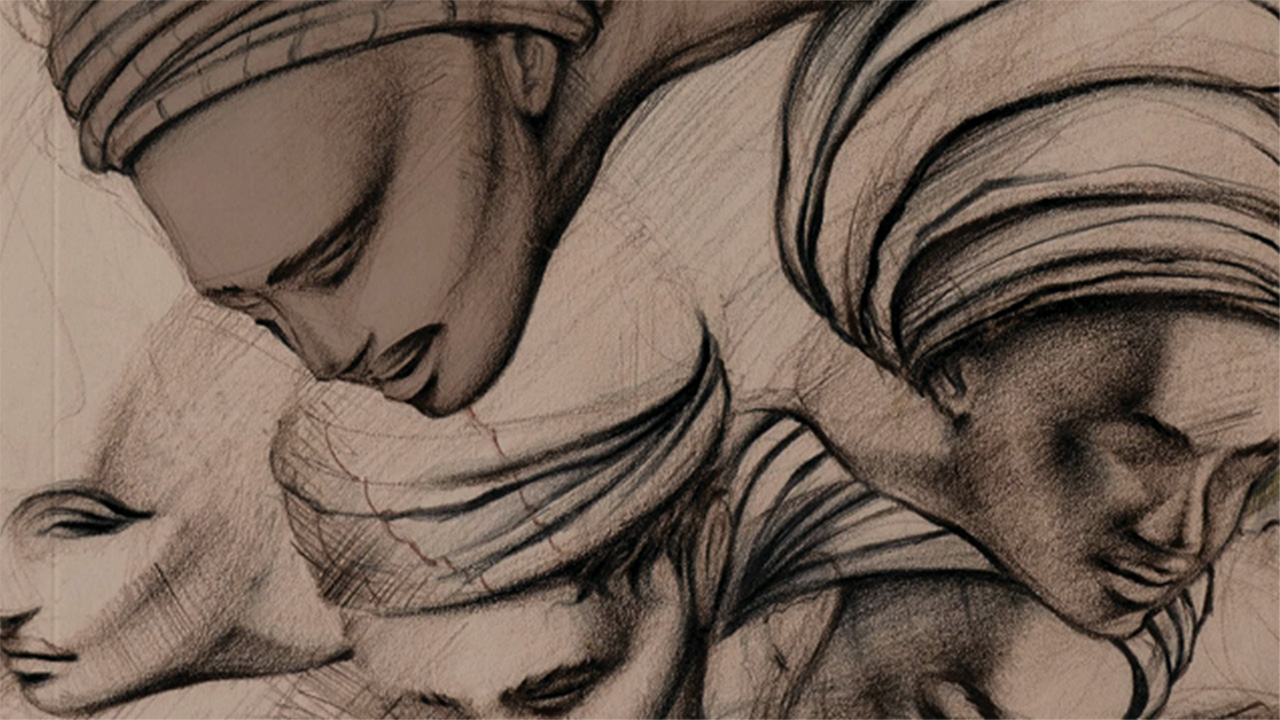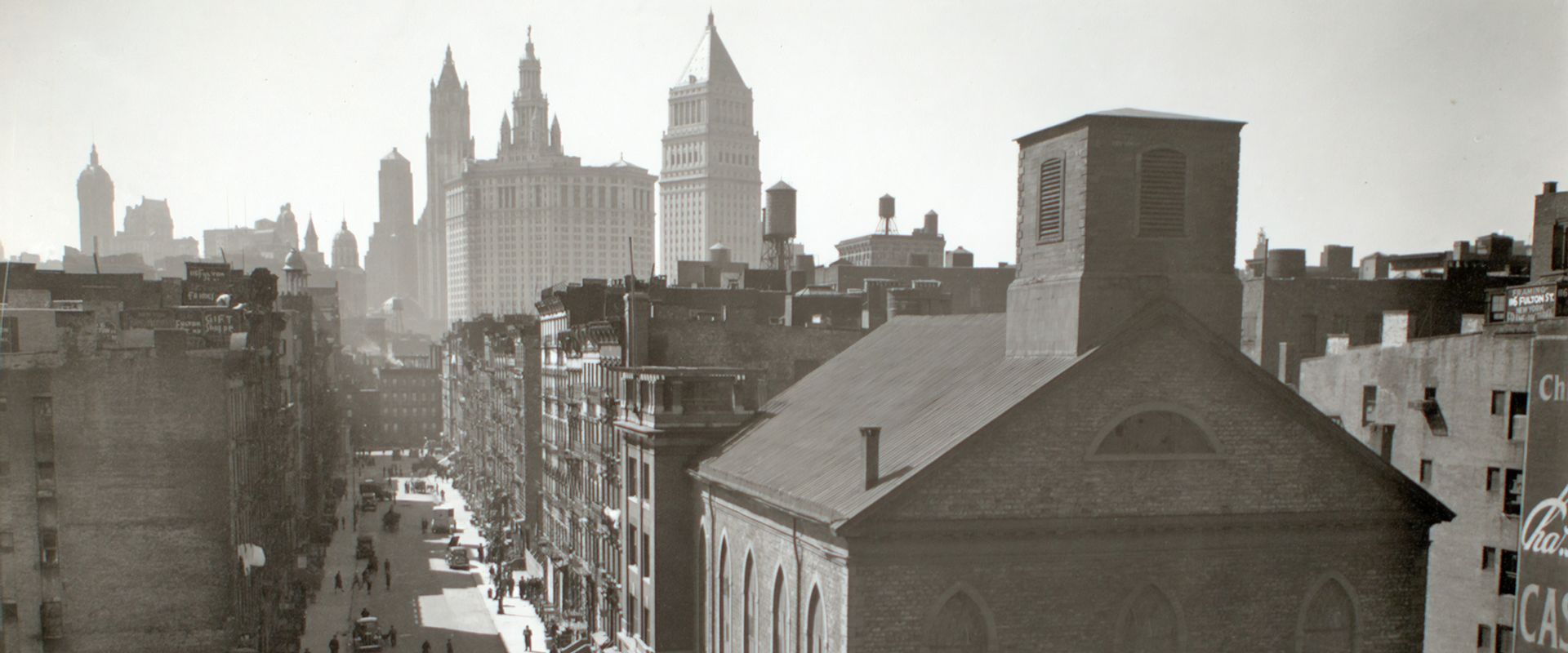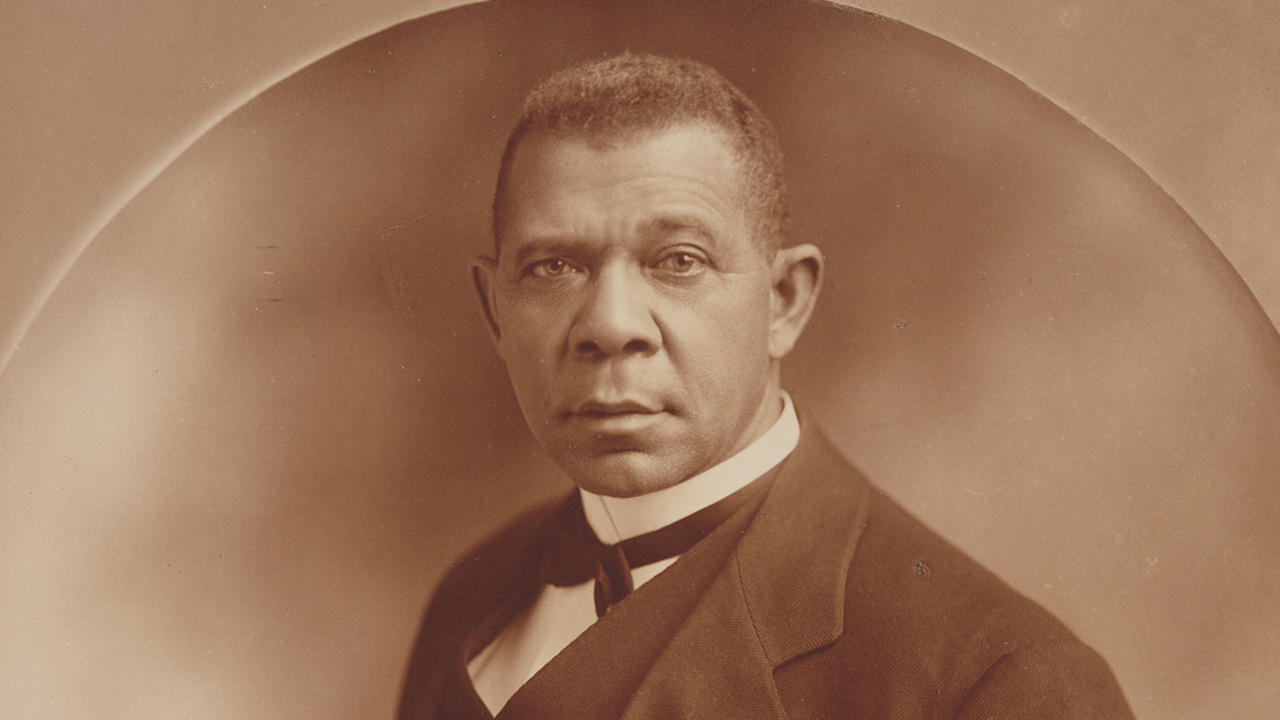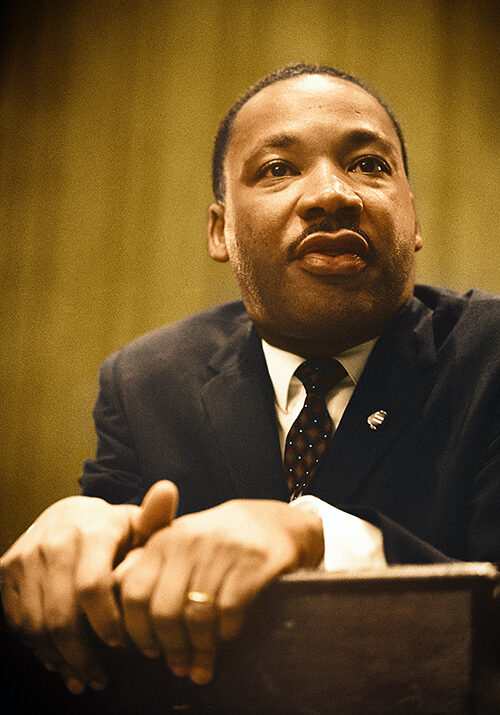
In the long course of history, Martin Luther King Jr. spoke not all that long ago. As a political activist, he was one of the driving forces of the American civil rights movement, and as a pastor, he spoke in defense of human dignity in all respects.
King believed, as the Bible teaches, humans are created in the image of God and bear his likeness. To value others, for King, was to honor the value and the image of God. Without acknowledging the dignity of others, we can’t work together, we can’t trust one another, and we can’t worship the Lord who gives it to us.
King spoke primarily to the equal treatment of Black people in America as the United States in his time faced a reckoning with its past, with the long lasting effects of the “inexpressible cruelties of slavery,” and with its failure to acknowledge the dignity of its people. He also spoke in support of union organization and against inequities in the workplace. King stated again and again that Christians must keep human dignity at the forefront of how we see another, how we see ourselves, and how the church has a responsibility to model this.
King’s wife, Coretta Scott King, began the Martin Luther King, Jr. Papers Project in 1985. The project plans to publish King’s papers in a 14-volume edition, seven of which are complete. You can browse the King papers at their website here.
Below are just a few of the notable sermons, letters, and speeches we think you should know (and you probably know a couple of them). We recommend you take some time to read them in full.
“I Have a Dream”
Speech delivered at the March on Washington for Jobs and Freedom on August 28, 1963.
I have a dream today. I have a dream that one day every valley shall be exalted, every hill and mountain shall be made low, the rough places will be made plain, and the crooked places will be made straight, and the glory of the Lord shall be revealed, and all flesh shall see it together. This is our hope. This is the faith with which I return to the South. With this faith we will be able to hew out of the mountain of despair a stone of hope. With this faith we will be able to transform the jangling discords of our nation into a beautiful symphony of brotherhood. With this faith we will be able to work together, to pray together, to struggle together, to go to jail together, to stand up for freedom together, knowing that we will be free one day.
“Letter from a Birmingham Jail”
Letter written April 16, 1963.
Time … can be used either destructively or constructively. More and more I feel that the people of ill will have used time much more effectively than have the people of good will. We will have to repent in this generation not merely for the hateful words and actions of the bad people but for the appalling silence of the good people. Human progress never rolls in on wheels of inevitability; it comes through the tireless efforts of men willing to be co workers with God, and without this hard work, time itself becomes an ally of the forces of social stagnation. We must use time creatively, in the knowledge that the time is always ripe to do right. Now is the time to make real the promise of democracy and transform our pending national elegy into a creative psalm of brotherhood. Now is the time to lift our national policy from the quicksand of racial injustice to the solid rock of human dignity.
“The Death of Evil Upon the Seashore”
Sermon delivered at the Cathedral of St. John the Divine on May 17, 1956.
God has a great plan for this world. His purpose is to achieve a world where all men will live together as brothers, and where every man recognizes the dignity and worth of all human personality. He is seeking at every moment of His existence to lift men from the bondage of some evil Egypt, carrying them through the wilderness of discipline, and finally to the promised land of personal and social integration. May it not be that this is entirely within the realm of possibility? I prefer to live by the faith that the kingdoms of this world shall become the kingdoms of our Lord and His Christ, and He shall reign for ever and ever.
“Beyond Vietnam”
Speech delivered at the Riverside Church on April 4, 1967.
And finally, as I try to explain for you and for myself the road that leads from Montgomery to this place I would have offered all that was most valid if I simply said that I must be true to my conviction that I share with all men the calling to be a son of the living God. Beyond the calling of race or nation or creed is this vocation of sonship and brotherhood, and because I believe that the Father is deeply concerned especially for his suffering and helpless and outcast children, I come tonight to speak for them.
This I believe to be the privilege and the burden of all of us who deem ourselves bound by allegiances and loyalties which are broader and deeper than nationalism and which go beyond our nation’s self-defined goals and positions. We are called to speak for the weak, for the voiceless, for the victims of our nation and for those it calls “enemy,” for no document from human hands can make these humans any less our brothers. …
We are now faced with the fact, my friends, that tomorrow is today. We are confronted with the fierce urgency of now. In this unfolding conundrum of life and history, there is such a thing as being too late. Procrastination is still the thief of time. Life often leaves us standing bare, naked, and dejected with a lost opportunity. The tide in the affairs of men does not remain at flood — it ebbs. We may cry out desperately for time to pause in her passage, but time is adamant to every plea and rushes on. Over the bleached bones and jumbled residues of numerous civilizations are written the pathetic words, “Too late.” There is an invisible book of life that faithfully records our vigilance or our neglect. Omar Khayyam is right: “The moving finger writes, and having writ moves on.”
(Here’s an unlocked source link.)
“The Three Dimensions of a Complete Life”
Sermon delivered at New Covenant Baptist Church on April 9, 1967.
Go out this morning. Love yourself, and that means rational and healthy self-interest. You are commanded to do that. That’s the length of life. Then follow that: Love your neighbor as you love yourself. You are commanded to do that. That’s the breadth of life. And I’m going to take my seat now by letting you know that there’s a first and even greater commandment: “Love the Lord thy God with all thy heart, (Yeah) with all thy soul, with all thy strength.” I think the psychologist would just say with all thy personality. And when you do that, you’ve got the breadth of life.
